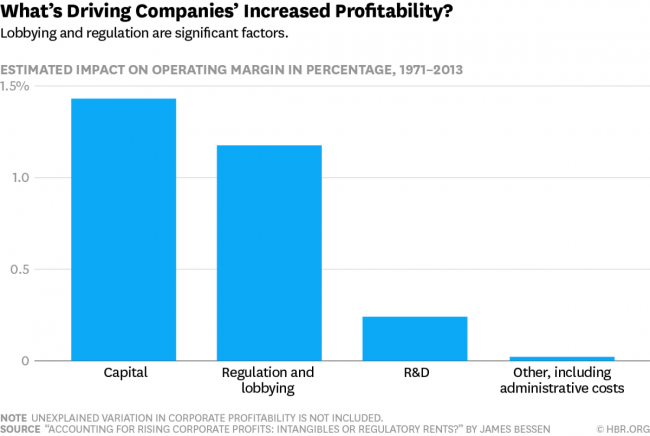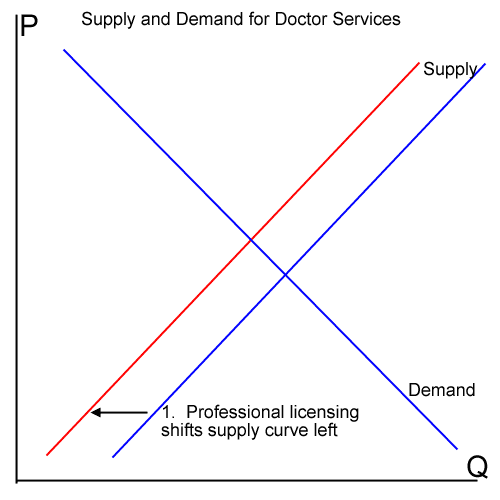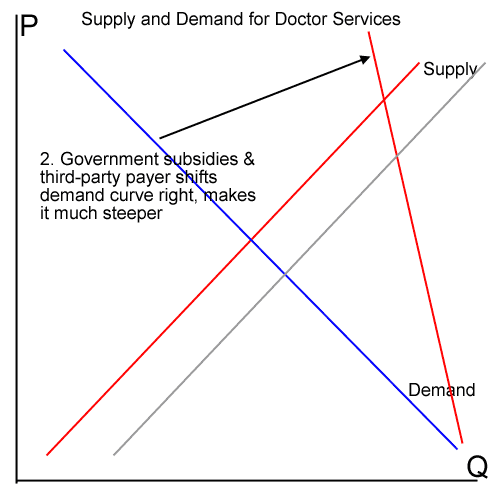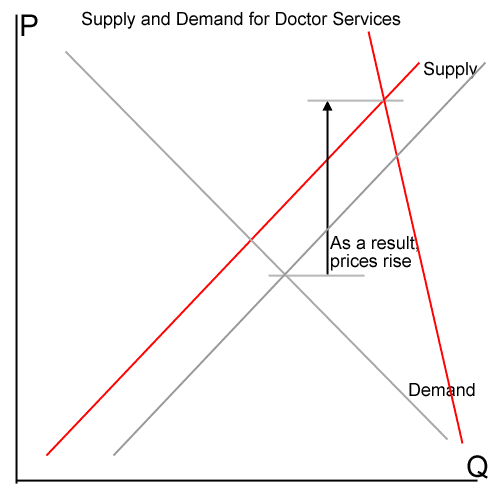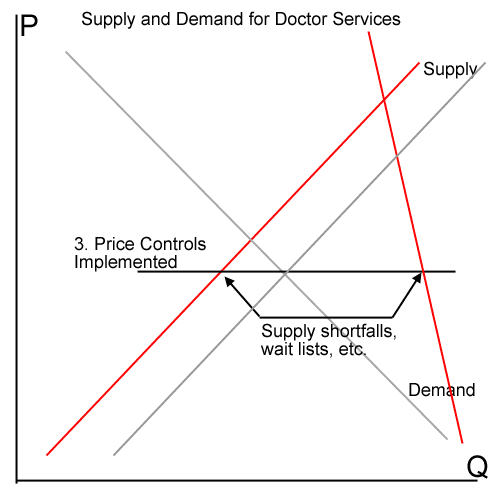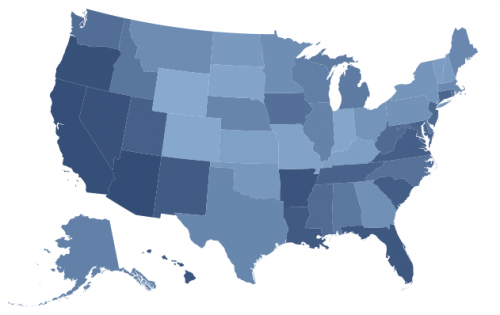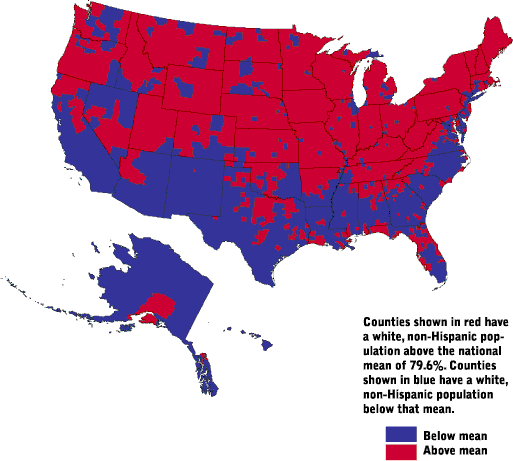Business Strategy, The Insource / Outsource Decision, And Tesla
I have a confession -- at Harvard Business School (HBS), I loved business strategy cases. This is a confession because most ex-HBS students have at best a love-hate relationship with cases in the same way that the Band of Brothers, or the 506th PIR, had with Curahee Mountain. The first 8, 10, 12 cases were fine and you could handle them. But the problem is that they kept coming and coming, two or three a day, like a North Korean human wave attack.
There is a pretty well defined template for B-school cases, at least in my day (I love being old enough to say that). A typical example begins with the CEO-on-the-Gulfstream-jet trope, e.g.
Jessica Stevens, CEO of Acme Enterprises, leaned back in her seat on Acme's brand new Gulfstream VI corporate jet, thinking about the meeting that lay ahead of her. She was flying back to her Pittsburgh headquarters for the quarterly board of directors meeting, and the board was expecting real answers and a specific plan for how she intended to deal with Acme's mounting problems.
Over the last 3 years Acme's growth had plateaued at the same time a slew of new companies had entered its industry, putting pressure on Acme's traditionally strong margins. In addition, Acme had just lost the bidding on two critical government contracts, its largest plant had just burned down, its CFO was under SEC investigation, a strong unionization drive was in the works supported by Antifa protests outside her house, and she had damaged her favorite Chanel purse when she launched it into the face of her lying mancy VP of manufacturing who she had just caught in bed with her husband.
OK, that last sentence is probably an exaggeration (cases were not quite THAT interesting). But for me, strategy cases were like who-done-its or locked-room Agatha Christie mysteries. Would the CEO extricate herself, and if so, how? What would I do? If someone were to write business strategy mysteries I would eat them up (the closest I can think of is Clavell's Nobel House -- how would the Nobel House extricate itself -- and even despite the absolutely unrealistic Dallas and Dynasty-like portrayals of business, I love that book). It is telling that the only novel I have written (OK, more accurately, the only novel I have finished) has heavy doses of business strategy in the plot.
A lot of people write me and say, "Coyote, why the fixation on your blog and Twitter with Tesla?" Unlike what Tesla fanboys guess about me, I actually like electric cars (though I am not thrilled with my having to subsidize them, but that is not a narrow Tesla problem). I am riveted to the Tesla story because it totally feels like a great HBS case study of the future.
Long-time readers know I think that there is fraud here -- the SolarCity buyout, to my eye, was totally corrupt. But if I found fraud fascinating, I would write constantly about Enron and Theranos (heck, I worked for Jeff Skilling at McKinsey on the Enron study so I could even be quasi-insider). But fraud is only fleetingly interesting. I can think of 5 companies that I am shorting today that I think are engaged in fraud, and I can't remember mentioning one of them on Twitter or this blog. I find Theranos mildly interesting, but only because my wife is borderline diabetic and really was enthusiastic for Elizabeth Holmes's vision.
But here is the situation a couple of years ago at Tesla. Think of this as the case study introduction:
- Tesla has introduced a real, desirable EV in an industry where EV's were basically crap cars no one wanted produced for PR and some regulatory reasons.
- For the first time ever, Tesla has demonstrated there was a large market for luxury EV's
- With the model S, Tesla had what has proved to be at least a 7 year lead over competitors (introduced in 2012 and similar products from several companies coming out in 2019)
- Tesla had the Model 3 ready to be introduced, with projections of topping 10,000 per week shortly, which could be one of the largest selling sedans in the world, EV or no. Tesla had as many as 400,000 reservations already in hand for this car.
- Tesla had a founder (sort of, Musk is credited as founder but really isn't) with the Midas touch, sometimes called the real world Tony Stark, with a huge legion of followers who believe that he is the smartest and most ethical (given his green vision) engineer in the world and can do no wrong.
- Tesla had shareholders almost literally throwing money at the company, giving it a higher total market value than GM or Ford and with valuation metrics orders of magnitude higher than traditional car companies, based in part on visions of world-leading self-driving capabilities and comparisons to Apple. The closest thing I have ever seen to the Simpson's take my money meme.
I can imagine the case study now -- should Tesla focus on the high-end of the market now and seek an immediate profit and a potentially sustainable long-term niche? Or should it go all-out to do nothing less than become the major player in the entire worldwide automotive market, taking advantage of its high valuation to raise billions of capital to fund years of cash burn? These are super interesting questions that I will not address today. Tesla's apparent choice in this question is ... neither. It has clearly gone all in, at least in rhetoric, on dominating the automotive market and Elon Musk has announced (at least on Twitter) future new products in nearly every automotive niche. But at the same time Tesla has refused to leverage its high stock price to raise capital and actually has been cutting back on capital spending and slow-rolling expansion plans. I frankly cannot explain it, and won' try here.
What I want to discuss is the frequent comparison to Apple. Elon Musk likes to compare himself to Steve Jobs and Tesla to Apple, but I don't think the comparison is very apt. A big part of this is the differences in their in-source and out-source decisions.
As background, my thinking is shaped by several aspects of my HBS education. The first is a business strategy curriculum crafted from the very first class to make one skeptical of flashy, sexy businesses. Our first two cases in first year business strategy were an incredibly sexy electronics company, followed by a dull-as-dirt water meter company. But it turned out that the water meter company minted money, with little technology change and huge moats against competition, while the electronics company was having to invest billions every few years just to stay in the game and never really earned a return on capital.
Another factor that shapes a lot of my thinking was that in-source / out-source decisions were very much in the spotlight at HBS at the time. It was a time when the very nature of the industrial conglomerate was in question, and we were constantly made to ask whether a company really had to own function X to be profitable and successful. Over and over and over, in company after company, we were asked to think about what were the critical success factor for a business, as well as what the most profitable elements of the vertical value-delivery chain were, and to think about structuring companies solely around these key elements, and outsource everything else.
To a large extent, this has been a key to Apple's success. As I observed in comparing Tesla to Apple:
But as far as the iPhone is concerned, Apple is a design and software house. It does not build the phones, it has a partner do it for them. It does not write most of the applications, third parties do that. And (at least in the early days) it did not [sell] through its own stores, it sold through 3rd parties. An Apple-like Tesla would NOT be trying to build its own manufacturing, service, and fueling capacity -- it would leverage its designs as its unique value-add and seek others to do these other lower-margin, capital-intensive tasks.
Yes, we have Apple stores now, but this was NOT part of the initial strategy and success. The initial Apple iPod and iPhone strategy basically had Apple outsourcing everything from manufacturing to sales as non-strategic, and keeping in-house the design and software functions. As it turned out, they were right, because they certainly made much better margins than anyone else in the vertical value chain.
But for all Tesla compares itself to Apple, it has take a totally different approach. Like most manufacturers, it designs its products (which it is pretty good at). It also manufactures them (which it is not so good at). But unlike other auto makers it also owns its own sales and service network (instead of third party dealers) and it is not very good at this and this activity consumes a lot of capital. Also unlike other auto makers, it also is building out its own fueling network, something GM and Ford can rely on Exxon for. AND, Elon Musk at various times has said we would in-source building of car carrier trailers, car transportation trucking firms, and body shops. I have argued for years that one of the things that Tesla fanboys love about Tesla -- that it is so integrated vertically -- is an Achilles heel because it greatly increases the capital it needs to grow, takes it into low-margin business segments, and forces it to do highly-technical functions like auto manufacturing it does not have the skills for. If Tesla really were like Apple, it would have developed a 3rd party dealer network, it would have partnered with someone else to do the charging stations (as VW has) and it would have farmed out the actual manufacturing to an auto-equivalent of Apple's Foxcon (maybe Kia?)
I wish I had the guys name but the person in this blog said it far better than I have been able to say it to date. From "Credit Bubble Stocks"
The test of whether you are an electric vehicle “disrupter” is: how many manufacturers are licensing your battery? If you’d actually invented a better electric battery or other EV technology (battery is the only technology that matters though), you could license them and have a 10x book business. Tesla not only did not do a battery licensing model, but they effectively did the opposite. Consider the parts of the vehicle industry that they have decided to in-source versus the ones they have decided to outsource. As we know, they decided to in-source and compete head-to-head on manufacturing. The results have shown that they are worse than their more experienced competition. They decided to in-source the automotive retail, which had not been done before and was not legal in most states. (And still is not legal in eight states). This had been a huge distraction from the manufacturing side and has resulted in abysmal customer service. But of all things to outsource, they outsourced the battery production to a joint venture with Panasonic. What should be the entire premise of an electric vehicle company is not even enough of a competitive advantage to do in house.
I am not totally sure I agree -- I think Tesla would argue the key is in design and software, just like Apple. But even if that is true, why are they doing all this other stuff that they don't do very well and is a total distraction and sucks up needed capital?
